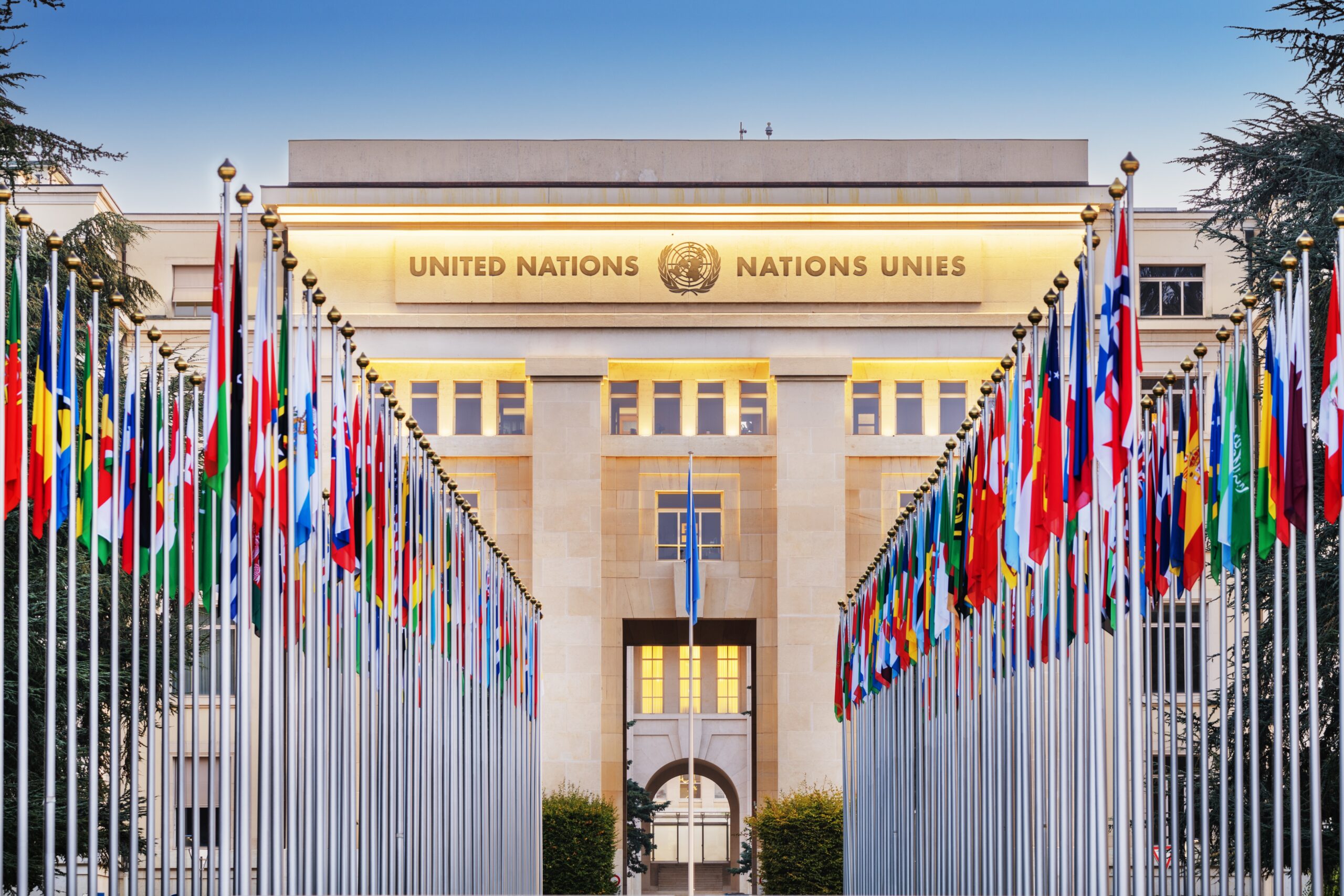Residential English Camp in Hua Hin: Model UN for Young Global Citizens
When parents, schools, and agents look at study programmes abroad, they usually ask one big question: what makes this different from every other camp? At Dragon Study Tours, our answer is simple: we bring the world into the classroom through a Residential English Camp that integrates the United Nations Model UN course.
This approach means students don’t just study English — they learn how to use it to debate, negotiate, and lead. They leave camp not only with stronger grammar and vocabulary but also with the skills of global citizens ready to face tomorrow’s challenges.
Download our English Dragon brochure for full details.
Why Model UN in a Residential English Camp?
Model UN (MUN) is used in schools and universities worldwide. Students role-play as delegates of different countries, debate global issues, and write resolutions to solve them. It is challenging, structured, and transformative.
For English learners, it is especially powerful. The language of MUN is persuasive, formal, and practical. It forces students to step beyond memorised textbook phrases and speak with conviction. In our Residential English Camp, Model UN becomes the framework that drives every lesson, debate, and afternoon activity.
How the UN Course Fits Into the Daily Schedule
Every weekday morning from 08:00–11:40, students join serious English sessions, capped at 12 students per class. Phones are stored away, and breaks are built in after each hour so learners stay sharp.
Here’s how the course structure works inside the Residential English Camp:
Week 1: Foundations – Introduction to the UN, learning diplomatic vocabulary, and writing country profiles.
Week 2: Debates – Exploring themes like environment, trade, and human rights, and drafting position papers.
Week 3: Simulation – Running a full Model UN committee, producing resolutions, and debating solutions.
Afternoons connect with the morning themes. A debate on the environment might be followed by a beach clean-up. A lesson on culture could lead to an afternoon cooking Thai food. Students live the issues they study.
Week 1: Foundations of Global Citizenship
The first week introduces students to the United Nations system. Each learner is assigned a country and tasked with researching its background. Lessons focus on UN history and structure, key vocabulary for diplomacy, and writing a Country Profile. Speaking tasks include short speeches introducing their nation.
Afternoon activities support this work. Trips to Hua Hin’s temples and markets give context to discussions about culture and identity. Sports in the afternoon encourage teamwork and delegation identity.
Week 2: Debating the World’s Challenges
With foundations in place, students move to debating real issues. Lessons focus on four main themes: environment and climate change, human rights and migration, global trade and economics, and world health.
In the morning, students learn negotiation vocabulary and practise persuasive writing. They draft Position Papers of 200–250 words. Speaking sessions become more challenging, with structured debates in small groups.
Afternoons bring learning into the real world. A recycling project follows a debate on climate. Thai cooking workshops connect to discussions of economy and trade. A beach activity encourages teamwork linked to health and wellbeing.
Week 3: Model UN Simulation
The final week brings everything together. Students run a Model UN simulation, with roles such as Chair, Delegate, and Reporter. They follow real UN-style procedure: drafting and negotiating a Resolution, using formal vocabulary in debates, and presenting their final resolution to the camp General Assembly.
Morning lessons prepare and rehearse speeches, while writing sessions focus on producing polished resolutions. Speaking tasks simulate real negotiations, where students must compromise and persuade.
Afternoons extend these skills into projects that reinforce leadership and teamwork — from sports tournaments to cultural excursions. The week ends with a closing ceremony where students showcase what they’ve achieved.
Seven Benefits of Model UN in a Residential English Camp
-
Focused Academic Time – Serious English lessons every morning, with breaks to aid concentration.
-
Small Group Learning – No more than 12 students per class, ensuring attention and progress.
-
Global Citizenship – Model UN teaches diplomacy, negotiation, and leadership.
-
Confidence in Communication – Students practise public speaking daily.
-
Practical Application – Afternoon activities connect directly to morning themes.
-
Safe Residential Setting – 24-hour staff, secure facilities, and on-site leaders.
-
Academic Pathways – Lessons align with Cambridge, Trinity, and IELTS exams.
Each benefit ensures that a Residential English Camp is not just a study trip but a transformative learning journey.
Why Agents and Schools Value This Approach
Dragon Study Tours is built for schools and agents. The Model UN framework gives our partners a distinctive offer: a Residential English Camp that delivers academic rigour and global skills.
The owner brings 15+ years of ELT camp experience. Our accreditation as a Trinity College London Exam Centre and IELTS Exam Centre adds credibility. And because we run closed-group programmes, every detail can be tailored to fit a school’s needs.
Outcomes for Students
By the end of camp, every student will have written at least three structured documents (Country Profile, Position Paper, Resolution). They will have delivered multiple speeches in English before their peers, negotiated in a formal debate setting, practised leadership and collaboration, and experienced cultural discovery in Hua Hin while applying new language skills.
This makes the Residential English Camp more than a memory — it’s a stepping stone to future exams, study abroad, and international opportunities.
Booking for Spring 2026
We are now accepting bookings for Spring 2026. Programmes run 6 to 28 nights, with space for groups of up to 50 students.
Download the English Dragon brochure
Complete the Get a Quote form
Conclusion
The combination of structured English lessons, the United Nations Model UN framework, and immersive cultural experiences makes our Residential English Camp in Hua Hin truly unique. Students study seriously each morning, debate the issues shaping the world, and experience Thai life each afternoon.
For agents and schools, this is an opportunity to offer a programme that combines academic rigour with global relevance.
Get a Quote today and give your students the chance to become global citizens through our Residential English Camp.



